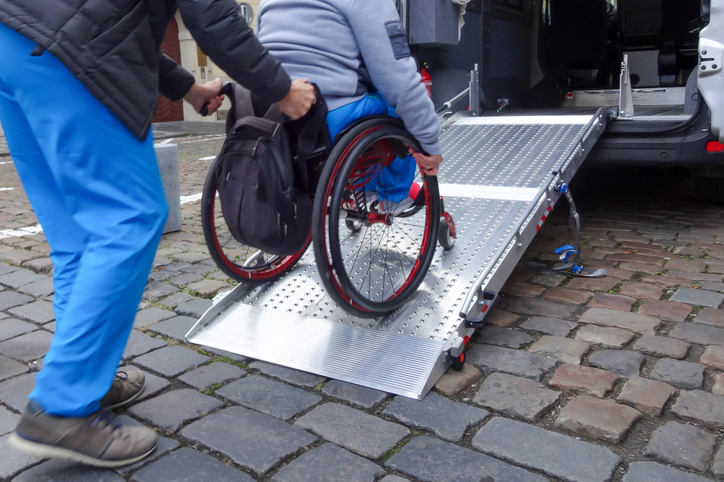
If you’re interested in a career as a personal support worker, being able to provide quality assistance to clients with physical disabilities will be an important skill to build throughout your career. Personal support workers provide care to those in need of assistance with a variety of tasks. Their clients may be elderly, chronically ill, mentally disabled, injured, and in many cases, physically disabled.
Individuals with physical disabilities may rely on the assistance of personal support workers to perform daily tasks. As a personal support worker (PSW), it’s important to help these clients effectively in order to meet their emotional, physical, and social needs.
If you’re interested in becoming a PSW, read on to learn how you can provide assistance to clients with physical disabilities.

Physical Disabilities Explained for Those with Personal Support Worker Training
A physical disability is one that affects the capacity of an individual to function physically. For clients with physical disabilities, a certain part of their body or body system doesn’t work the way it should, impeding their ability to perform certain physical tasks or complete daily activities.
While some people that PSWs look after were born with a physical disability, such as individuals with muscular dystrophy, physical disabilities can also occur as a result of an accident or injury. Spinal cord damage, paraplegia and quadriplegia are all common physical disabilities that can result from accidents. Professionals with personal support worker training may provide assistance to clients with physical disabilities in the form of companionship, personal hygiene, light housekeeping, meal preparation, and more.

Clients with Physical Disabilities May Face a Variety of Stressors
Stressors are factors or situations that cause frustration, anxiety, depression or other related emotions. While we all face certain stressors in our everyday lives, individuals with physical disabilities may undergo unique stressors due to their situation. Those with physical disabilities may be frustrated that they cannot perform certain tasks, or they may feel a lack of hope surrounding the future.
They may be worried because their physical disability prevents them from financially supporting themselves–or they may struggle with feelings of isolation due to the fact that they can’t socialize as often as they once did. Whatever the case, it’s important for personal support workers to be aware of the stressors that their clients with physical disabilities face in order to provide them with the highest level of support.
PSWs Can Help Clients to Maintain Their Dignity and Independence
When caring for clients with physical disabilities, graduates of PSW college should prioritize promoting independence and maintaining the dignity of those they work with. While these individuals may have certain physical limitations, a physical disability typically does not prevent an individual from being independent in certain capacities. In order to give clients with physical disabilities more autonomy, personal support workers should allow their clients to do everything on their own that they’re capable of. When clients have more independence, they’re likely to feel more accomplished and less restrained by their disability.
Personal support workers can help people with disabilities to maintain their dignity
An essential element of assisting clients with physical disabilities is ensuring that they are treated with respect and kindness. Individuals with physical disabilities may require a higher level of care, but they have the same rights and needs as other adults. Personal support workers can maintain the dignity of clients with physical disabilities by listening to them carefully, respecting their privacy, involving them in decision-making processes, and remaining aware of their physical space.
Is personal support worker school right for you?
Start your journey at Medix College today!